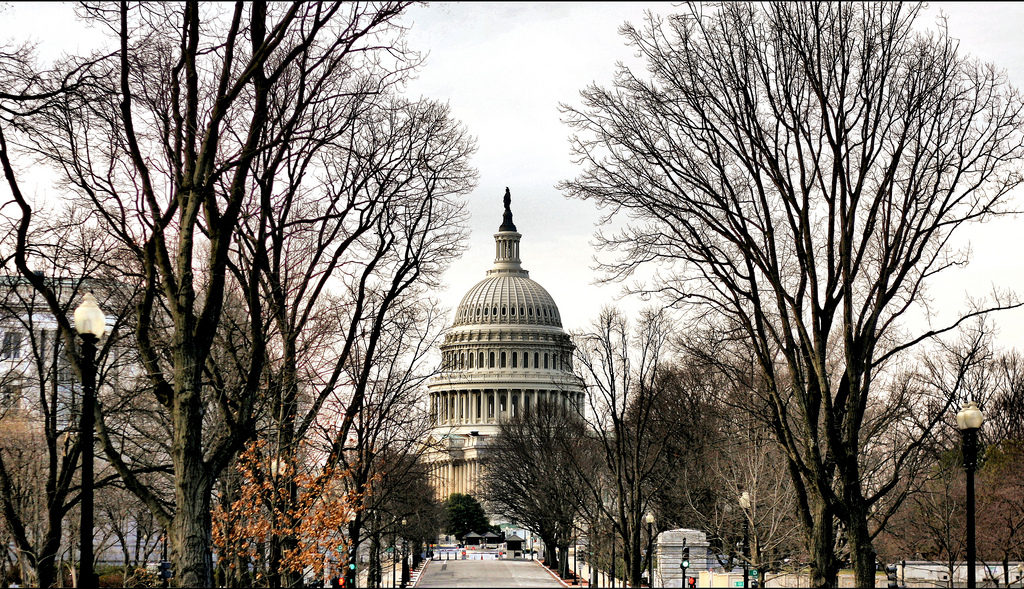One week after U.S. Attorney General William Barr sent a four-page letter to Congress detailing that White House Special Counsel Robert Mueller’s investigation into collusion between President Donald Trump’s 2016 campaign and Russia had concluded, he announced that a full redacted copy will be released to lawmakers. The nearly 400-page investigative report will be made available by mid-April, “if not sooner,” Barr stated.
“Everyone will soon be able to read it on their own,” the attorney general wrote in his letter sent this Friday to top Democrats and Republicans on the Senate and House Judiciary committees. Barr is also said to be willing to appear before both committees to testify about Mueller’s report on May 1 and May 2.
On the case of Russian interference, which is divided into two parts, Barr’s letter to Congress last week detailing the report stated the “investigation did not find that the Trump campaign or anyone associated with it conspired or coordinated with Russia in its efforts to influence the 2016 U.S. presidential election.”
The second part of Barr’s letter describes the findings of obstruction of justice charges, which “addresses a number of actions by the President – most of which have been subject of public reporting – that the Special Counsel investigated as potentially raising obstruction-of-justice concerns.”
Mueller “did not draw a conclusion – one way or the other – as to whether the examined conduct constituted obstruction. Instead…the report sets out evidence on both sides of the question and leaves unresolved what the Special Counsel views as ‘difficult issues’ of law and fact concerning whether the President’s actions and intent could be viewed as obstruction,” Barr explained, thereby concluding that while Trump did not commit a crime, the report “‘also does not exonerate him.’”
Special Counsel Mueller, “without reaching any legal conclusions leaves it to the Attorney General to determine whether the conduct described in the report constitutes a crime.”
Barr wrote, “After reviewing the Special Counsel’s final report on these issues; consulting with [Justice] Department officials, including the Office of Legal Counsel; and applying the principles of federal prosecution that guide our charging decisions, Deputy Attorney General Rod Rosenstein and I have concluded that the evidence developed…is not sufficient to establish that the President committed an obstruction-of-justice offense.”
According to a report from Reuters, when asked whether he agreed with Barr’s decision to release the Mueller report to the public, President Trump said, “If that’s what he’d like to do I have nothing to hide. This was a hoax. This was a witch hunt.”
Trump declared the report a “total exoneration” after Barr’s analysis was sent to representatives in Washington.
Republicans, also feeling vindicated, are now looking to unearth the exact origins of the investigation.
Democrats, on the other hand, are failing to come to terms with Mueller’s report, which included 2,800 subpoenas, 500 witness interviews, and 675 days of rampant speculation.
Leading congressional Democrats are pressing for a quick release of the entire investigative report.
“We need to see the Mueller report ASAP, with only those redactions that are absolutely necessary to protect intelligence sources and methods. Congress and the American people need the full story about what happened in 2016,” said Senator Mark Warner (D-VA) on Twitter, the senior Democrat on the Senate Intelligence Committee.
Senator Tim Kaine (D-VA) also weighed in on Twitter to say, “America needs to see full Mueller report. All should be thankful for a professional who did his job thoroughly while under constant attack by the President. He spent 2 years writing this report—Trump’s AG spent 2 days reviewing it. I, for one, would like to see it for myself.”
Barr said in his letter to lawmakers on Friday that certain information must be redacted before the report is released, including secret grand jury information, intelligence sources, and methods and information that, according to federal law, cannot be public, or could infringe on privacy.

